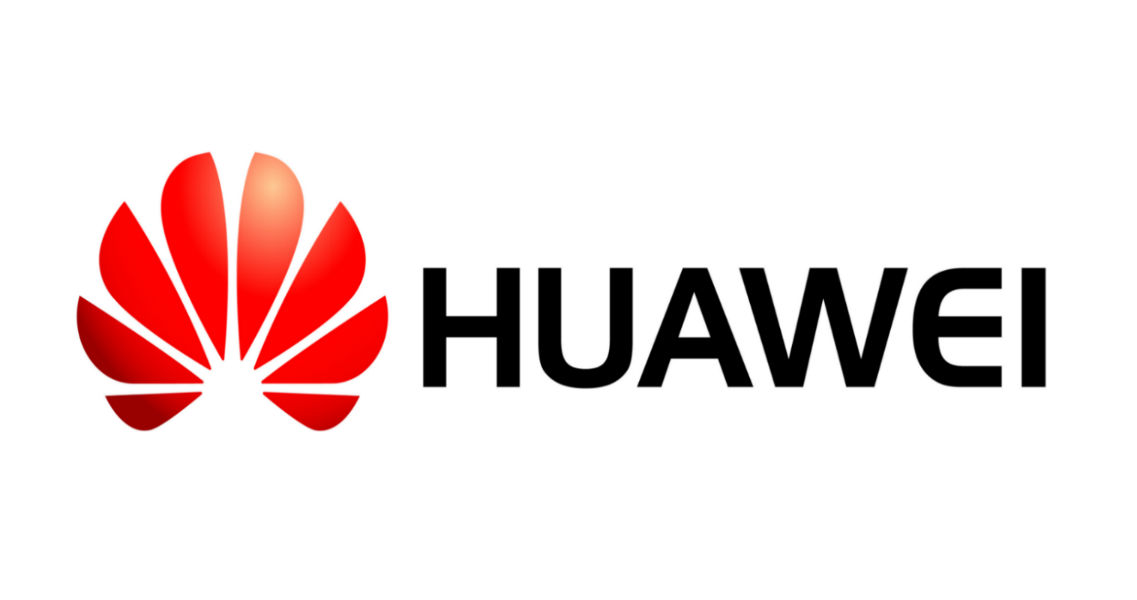Google has pulled its Android OS software support from Huawei smartphones, leaving Huawei’s consumers concerned about what’ll happen to their smartphones after this crisis.

A latest report from Reuters claimed that Alphabet Inc’s Google has suspended business with Huawei that requires the transfer of hardware, software and technical services except those publicly available via open source licensing, as the the U.S. government sought to blacklist Huawei around the world.
Holders of current Huawei smartphones with Google apps, however, will continue to be able to use and download app updates provided by Google, a Google spokesperson said.
Google said “We assure you while we are complying with all US gov’t requirements, services like Google Play & security from Google Play Protect will keep functioning on your existing Huawei device.”
However, it is unknown if these existing Huawei smartphones will continue to enjoy access to all Google apps and get security updates in the later future.
Google is not alone in blacklisting Huawei.
Bloomberg reports that Intel, Qualcomm, and Broadcom, three of the world’s leading chip designers and suppliers, are cutting off their dealings with Huawei, effective immediately. Nikkei reports that German chipmaker Infineon Technologies has also suspended shipments to Huawei, as have US memory chip makers Micron Technology and Western Digital.
Huawei has been stockpiling critical US components for almost a year now, according to separate reports by research houses Haitong and Canalys. The move was to ensure it can continue making its products that rely on core technology from US suppliers such as Intel and Qualcomm.
Huawei’s stockpiling of US components shows that the company has prepared for restrictions from US and could effectively meet its needs up for a year, according to a Haitong Securities report on Thursday. “If the ban lingers longer than one year, it all depends on Huawei’s progress on building its own supply chain,” the report said.
Huawei have also been developing its own chipsets for use in its smartphone and networking products, which are considered Intel and Qualcomm alternatives, while the company confirmed in March that it has developed its own operating systems (OS) for smartphones and computers in case those provided by US technology firms are no longer available.
According to a source from China who told HuaweiCentral, Huawei has developed its own operating system under the name Hongmeng, that was in active development since 2012.
The source has also told that the company was using this operating system in its mobile phones potentially hidden behind the curtain.
Although, the source didn’t confirm that this will be the original name of the OS or it’s only a codename but did confirm the existence of the operating system related to this word.
For the past year, Huawei has been under increasing pressure from President Trump and the US government over fears that its equipment could be used by the Chinese government to spy on American networks. These fears have been under construction for a long time; In 2018, US intelligence agencies warned against using Huawei and ZTE devices, and US politicians have described Huawei as “effectively an arm of the Chinese government.”
Huawei maintains that it is not possible for the Chinese government to poison its equipment with backdoors, and it has remained optimistic about the future of its business. But this latest setback from Google poses a grave risk to the future of Huawei’s core mobile business.
